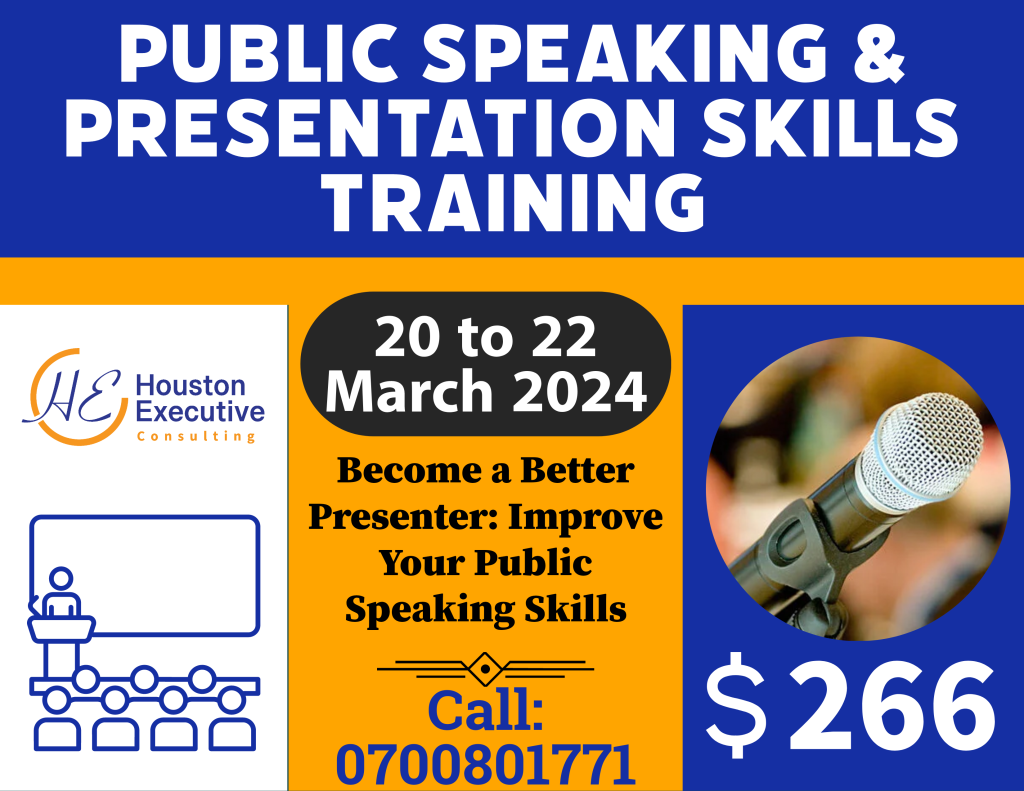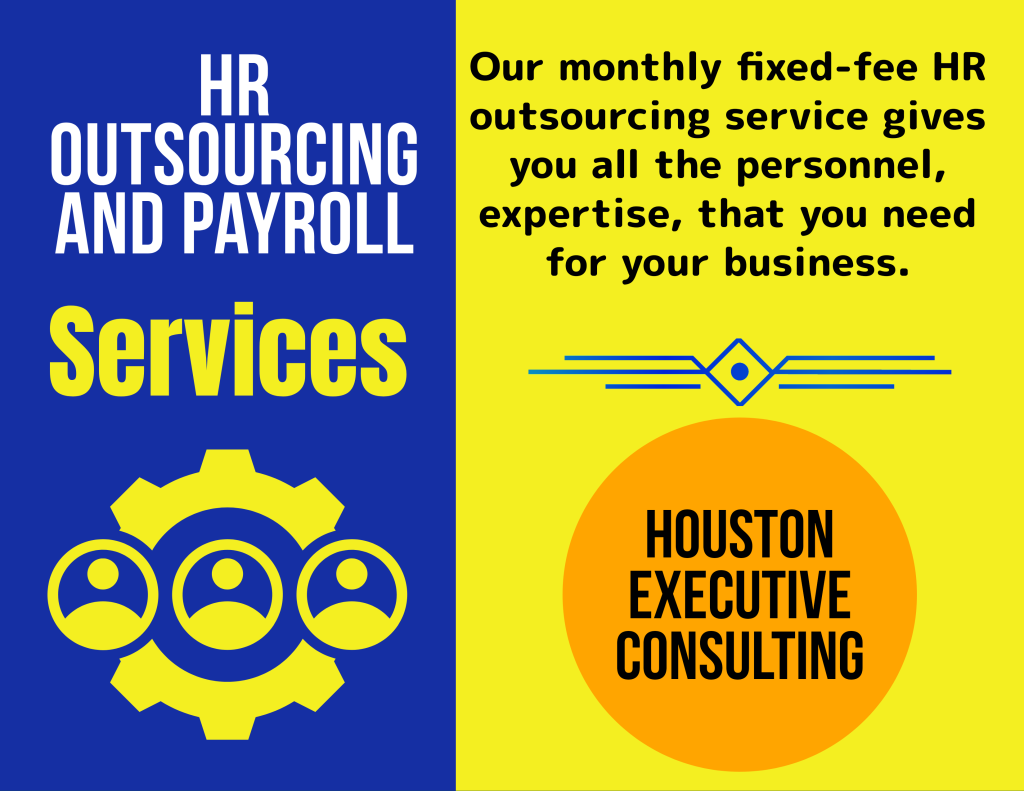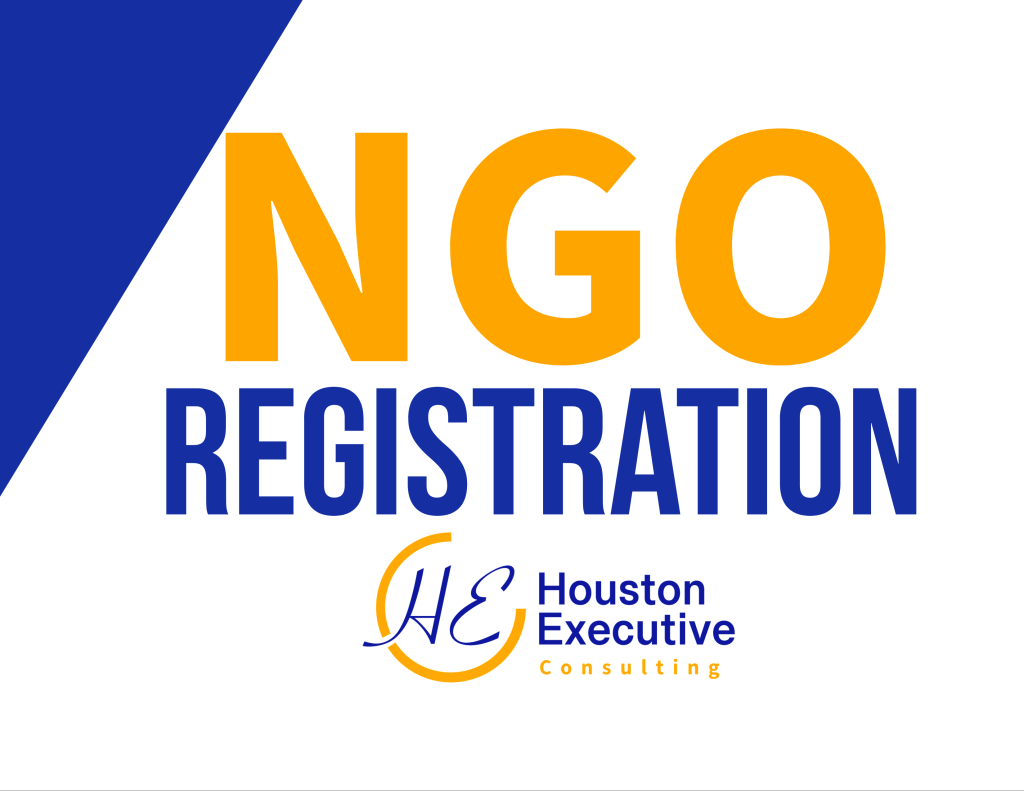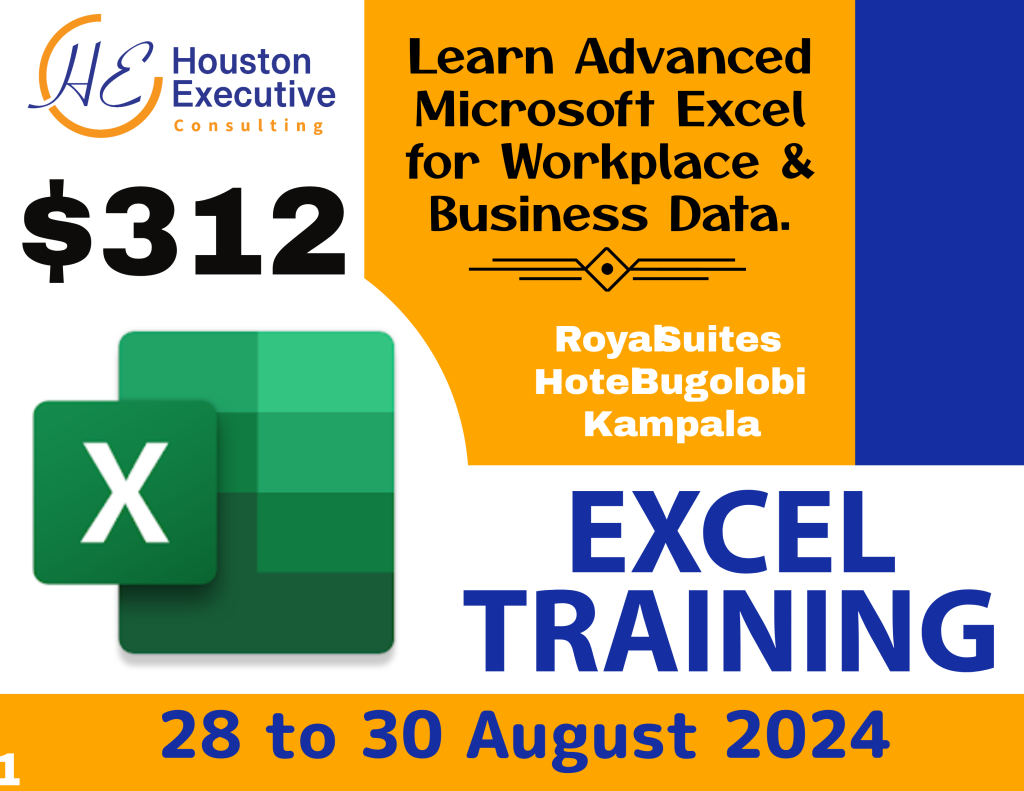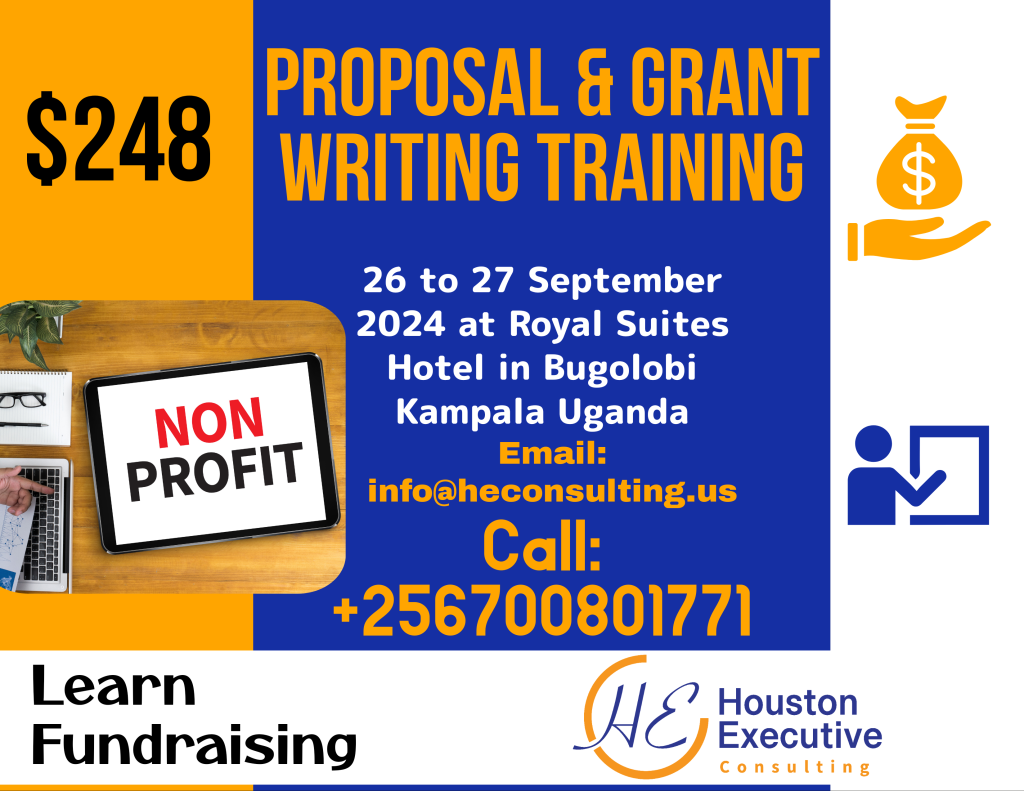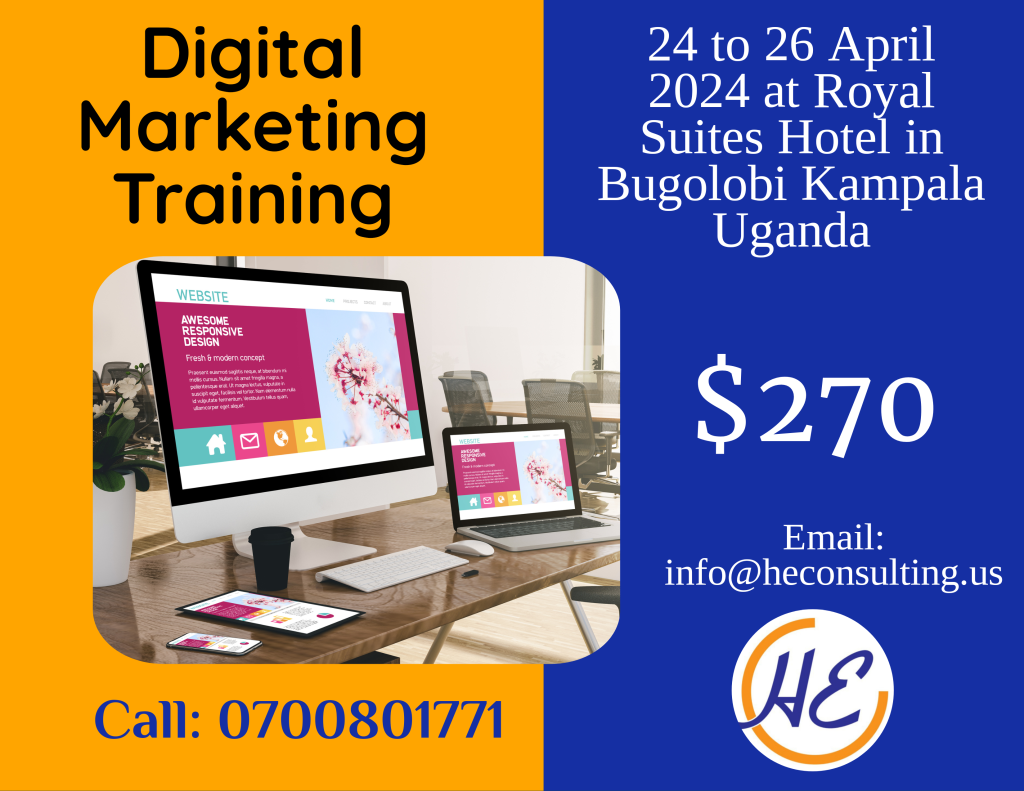How to Prevent Discrimination in Workplace and Employment Process
Everyone starting a business is always eager to advertise roles. This piece of writing has been prepared to give you a good start with compliance when it comes to employment laws. You need to know your responsibilities in the hiring process so that you can prevent any form of discrimination including Race and Color Discrimination in the Workplace.
All employment discrimination laws are enforced by the Equal Employment Opportunity Commission (EEOC)
They are responsible for handling all charges of discrimination and retaliation negative action taken by an employer against individuals who have filed a discrimination charge, or opposed discrimination in the past.
But never fear: Houston Executive Consulting is here to demystify everything. In this article, we’ll give you a basic overview of what a good recruitment process consists of and what it looks like. We explain the different ways through which you can carefully avoid trouble with the EEOC. We’ll mostly focus on examine how to ensure compliance and avoid drawbacks of failure to follow the law.
First the process should be discrimination free. The employment laws in most countries like USA and Uganda essentially cover all employers with 15 or more employees, including private employers, public service, local governments, educational institutions, private and public employment agencies, labor organizations, and more.
In the US, the most comprehensive federal law prohibiting employment discrimination is Title VIl of the Civil Rights Act of 1964, which bans unfair and unequal treatment on the basis of sex, religion, national origin, race or color. In Uganda, the employment legislation also outlaw’s discrimination in all aspects of employment.
All your hiring decisions can’t be based on an individual’s membership in a protected class. By classes we’re talking about a group with a common characteristic who legally may not be discriminated against on the basis of that characteristic say genetics, and citizenship, age, disability, pregnancy, and veteran status.
You should know that decisions based on stereotypes or assumptions about a protected class are all illegal. More still, decisions originating from an applicant or employee’s association with or relation to people in protected classes.
Discrimination can be intentional. For example, a hospitality manager denies a male employee an opportunity because the hotel only works with female employees at the front office, a black American denied a job at a swimming pool because of colour of his skin or a lady denied a job for wearing a hijab (a head covering) mostly used by Moslem women.
There’s also unintentional discrimination which employers must pay attention to. These may things like requiring academic qualifications and education background that are unrelated to the job. Some information related to race can be obtained for record purposes but this should not be used as an excuse while sorting applications.
The US has the Americans with Disabilities Act (ADA) of 1990 which has since outlawed discrimination against qualified individuals with disabilities.
The Act also requires employers to provide reasonable accommodations when requested, so long as they don’t cause undue hardship to the employer.
What is undue hardship?
This is an action requiring significant difficulty or expense when considered in relation to factors like a firm’s size, financial resources, and the nature and structure of its operation. If any of the accommodations are deemed to cause undue hardship, the employer doesn’t have to provide it.
What are reasonable accommodations?
These are adjustments made including but not limited to job restructuring, modified schedules, additional unpaid leave, and the acquisition or modification of equipment used to perform job tasks, devices, facilities, examinations, training materials, or policies. These adjustments relate to one individual who may make a special request. Otherwise, they may not be necessary.
Who is a qualified individual?
A person who satisfies skill, experience, education, and other job-related requirements, and can perform the essential functions of the position held or desired, with or without reasonable accommodation. however, Employers are not obligated to hire candidates whose disabilities preclude them from performing the job, or who are otherwise under-
qualified.
Employers should not insinuate any form of discrimination through medical examination or by inquiring about existence, nature, or severity of a disability from disabled applicants. This can only be done after a job offer provided that all the candidates will be asked the same questions.
During the initial stages of the hiring process, it is okay for an employer to communicate the nature of the hiring process. For example, informing applicants that there will be a timed aptitude test followed by a face-to-face interview. An employer at this stage is free to find out if any of the candidates will require reasonable accommodations.
What is not right is asking whether a candidate has previously been sick or been involved in a workplace accident and the magnitude of the injury. Questions seeking such information are evidence of an attempt to find a disability and discriminate against applicants.
Which questions are should you ask at the interview?
Stick to job-related questions where the candidates can express themselves and tell you what makes them the most qualified for the job.
The hiring process also gets delicate when it comes to pregnancy. Proponents of workplace research, analysis and consideration saw it wise and created the Pregnancy Discrimination Act (PDA).
This Act makes it illegal to deny an employment opportunity to a woman because she’s pregnant. However, the PDA covers only employers who have 15 or more employees. This Act also protects all conditions associated with pregnancy.
Even if your crew, customers, or clients are uncomfortable working with a lactating mother, it is illegal to refuse to hire her. This is because lactation is a pregnancy-related medical condition.
Useful Resources
You can read the Federal Laws Prohibiting Job Discrimination Questions And Answers by follow the link below;
https://www.eeoc.gov/fact-sheet/federal-laws-prohibiting-job-discrimination-questions-and-answers
If you’re in the US and you want more information about EEOC and the laws it enforces, you can visit the following internet address: http://www.eeoc.gov.
In Uganda, you can always seek advice from the Ministry of Gender Labour & Social Development or the social partners like the Federation of Uganda Employers.



